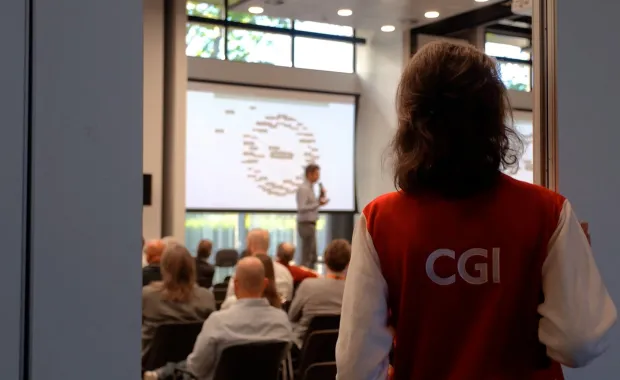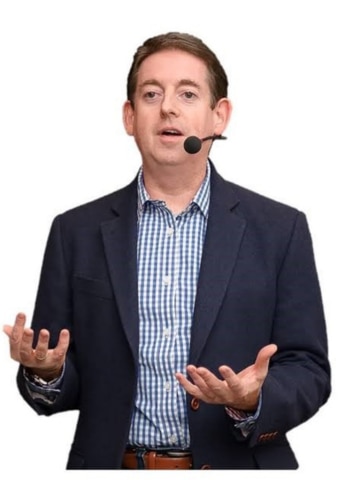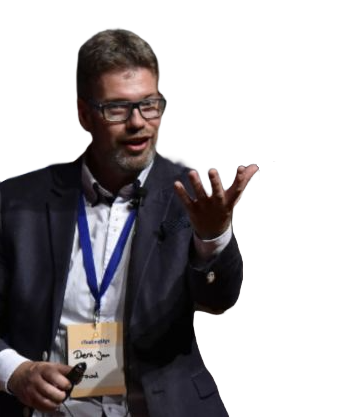Sara Larsson
Software Architect
Sara werkt sinds 2017 bij CGI als software ontwikkelaar en architect. Ze is oplossingsgericht en heeft een creatieve blik, de perfect combinatie om software te ontwikkelen.






